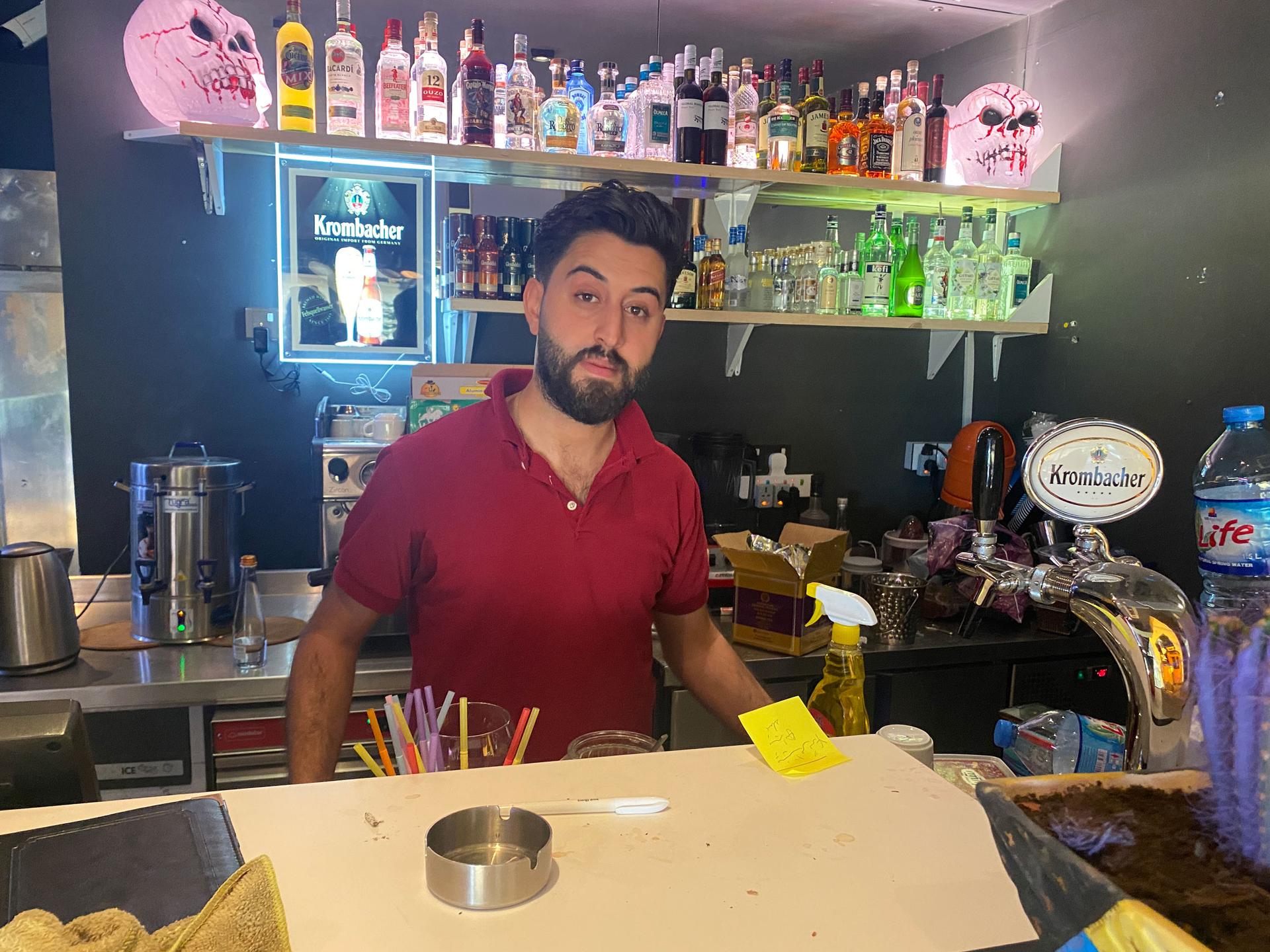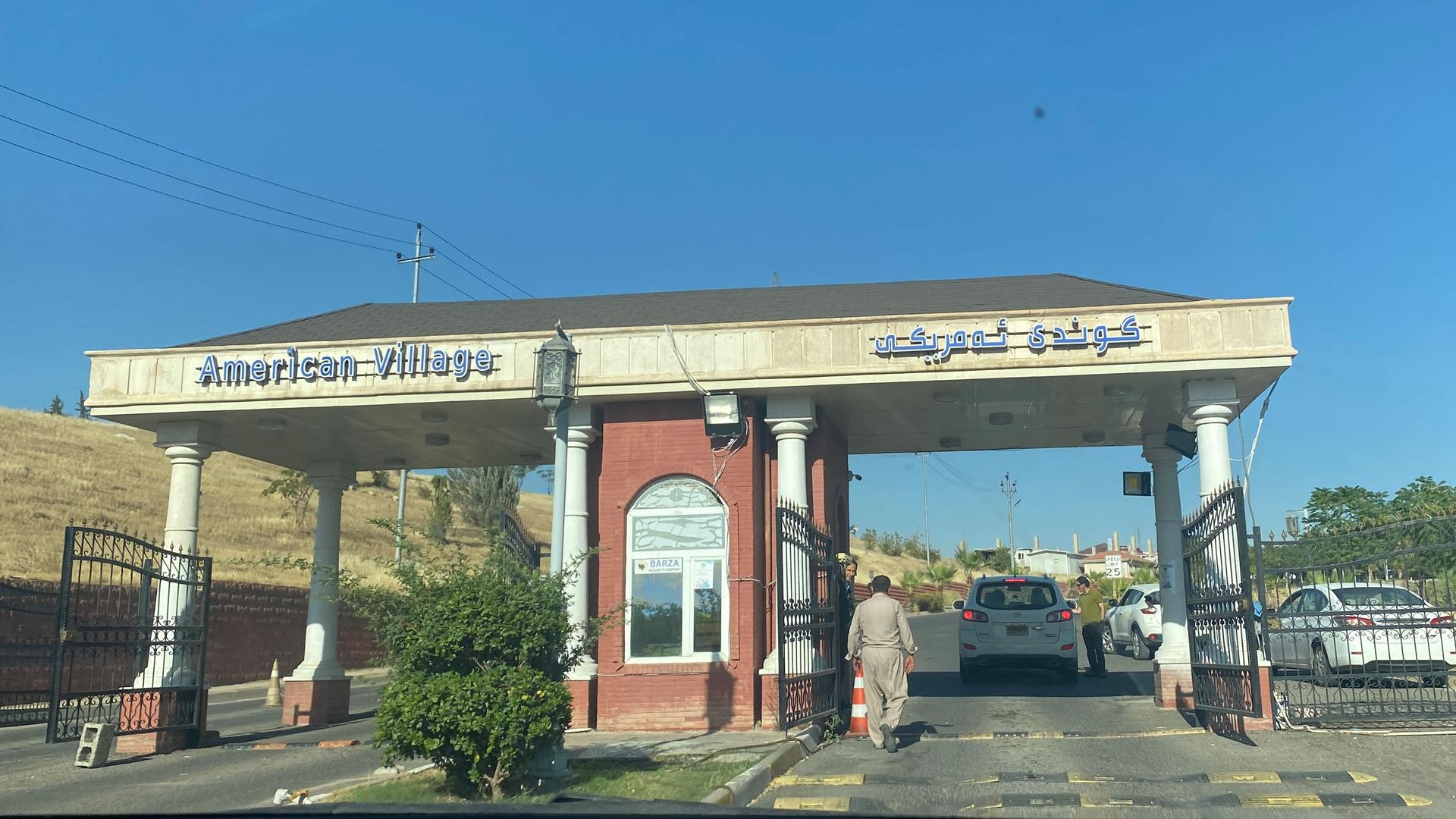As the Taliban take control of Afghanistan, Kurdish allies in northern Iraq — where the US is also planning to draw down its combat forces — are watching with concern.
In July, President Joe Biden announced that the US is ending its combat mission in Iraq.
The withdrawal will leave Kurds — arguably Washington’s most devoted ally — physically and politically vulnerable. Some Kurds say their lives will be endangered when US troops leave.
Related: Kurdish authorities are controlling religious messaging
“Yes, we are watching what’s happening in Afghanistan, but we are hoping that the situation in the two countries are different.”
“Yes, we are watching what’s happening in Afghanistan, but we are hoping that the situation in the two countries are different,” said Falah Mustafa Bakir, a senior foreign policy adviser to Nechirvan Barzani, president of the Kurdistan region of Iraq.
Although the two countries are different, Iraq and Afghanistan share a few similarities — the US invaded both countries after 9/11. In both countries, the US installed a theoretically democratic government and spent billions of dollars training and equipping their armies.
But when ISIS made its rampage across Iraq in 2014, thousands of Iraqi troops fled, tossing their uniforms and leaving their US weapons to ISIS.
Related: The Kurdish press in Turkey walk a fine line
Bakir doesn’t think the US will abandon the Kurds of Iraq. However, he predicts a struggle for influence among regional powers.
“And this is not in the interest of Iraq,” Bakir said.
Hiwa Osman, a Kurdish analyst and former adviser to Iraq’s president, said that with the US withdrawal from Iraq, better relations with Iran are now crucial.
“America — one day it’s in, one day out, one day it’s [a] fighting force, the other it’s advisers and trainers. Nobody knows. So if you were an Iraqi, who would you want to be an ally?”
“America — one day it’s in, one day out, one day it’s [a] fighting force, the other it’s advisers and trainers. Nobody knows. So if you were an Iraqi, who would you want to be an ally?” Osman said.
Related: Chaos in Afghanistan creates power vacuum for ISIS, al-Qaeda
Last month, Kurdish President Barzani traveled to Iran for the inauguration of Iran’s new president, Ebrahim Raisi. The two met and talked about increasing trade and security cooperation.
Baranzi even praised Qasem Soleimani, the Iranian general killed by the US in Iraq last year. He also emphasized that the Kurds are part of Iran, and the Islamic revolution, according to a statement from Iran’s president.
‘This is not forever’
At a TexMex restaurant inside the gated American Village on the outskirts of Erbil, the Kurds’ defacto capital, waiter Mabast Zaman shares his confusion about the United States.
His views seem to mirror wider Kurdish political consciousness.
He’s quick to sing America’s praises and dismissed the idea that another ally could take the United States’ place. But Zaman said he was disappointed when the US didn’t support the Kurds’ sovereignty bid in 2017.
“The reality is they got an advantage from the Kurds, but the Kurds haven’t got any advantage from them…”

“The reality is they got an advantage from the Kurds, but the Kurds haven’t got any advantage from them. They are here because their interest is here … and this is not forever. … and everybody knows that. But I still love them.”
